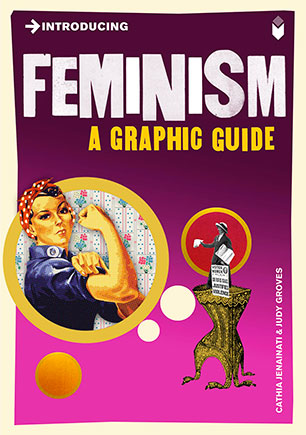
I can’t explain without giving plot away. to become the ultimate Tyrant, and Predator of humankind.

In Emperor, we discover that the boy’s plan to save humanity from tyranny is. Instead, he published his most difficult and daring book yet. Herbert could have left us there, many thought he would when he finished his Dune Trilogy. We closed on the boy becoming yet another saviour and had only a vague, hopeful idea of what he intended to do next. In those two volumes, everything assumed and trusted became so much sand, and a son had to destroy his Messiah father’s legacy to save the universe from religious genocide and tyranny. Now it's one of my top-ten comfort reads, and I see so much in Leto I want for myself.ĭune was the perfect hero book, and then Herbert turned the trope of “boy becomes Messiah and saves the noble people” on its head with Dune Messiah and Children of Dune. Hated every person in it, did not understand why anyone acted the way they did. Marriage.I hated this book the first time I read it.

The author challenges the common assumption that technology is gender neutral, looking at whether technology can liberate women or whether the new technologies are reinforcing sexual divisions in society. Wajcman sets the scene with an overview of feminist theories of science and technology: encompassing the technologies of production and reproduction as well as domestic technology. Comprehensive and critical, this book surveys the sociological and feminist literature on technology, highlighting the male bias in the way technology is defined as well as developed. 'Feminism confronts technology' provides a lively and engaging exploration of the impact of technology on women's lives from word processors to food processors, and genetic engineering to the design of cities.


 0 kommentar(er)
0 kommentar(er)
